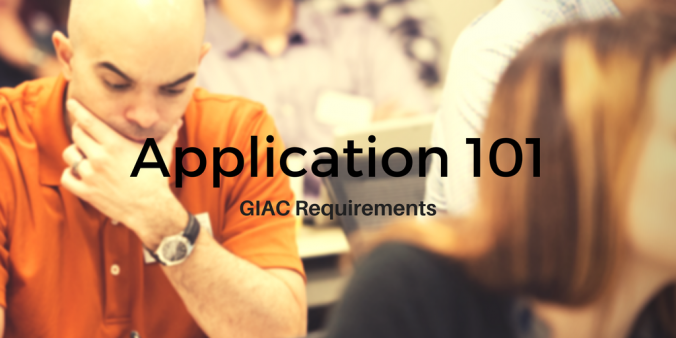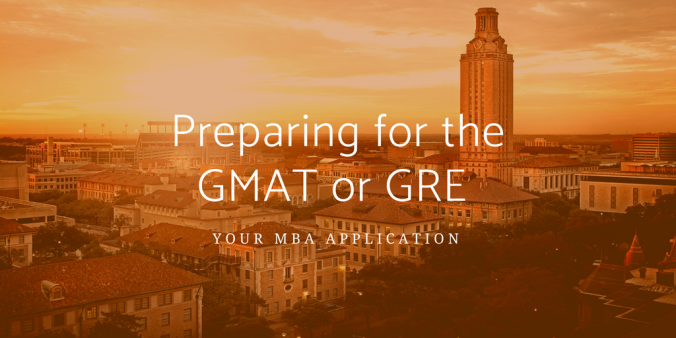This MBA Insider info comes from Sharon Barrett, Director of Working Professional and Executive MBA Admissions.
If you compare the class profiles of our Texas Executive MBA with our Professional MBAs (Texas Evening MBA, Texas MBA at Dallas/Fort Worth, and Texas MBA at Houston programs), the differences can seem obvious. But there’s actually a broad grey area, where many professionals could fit very well in either type of program.
In the end, it’s a very personal decision about where to submit your application. But remember it’s a two-way street. You decide where you belong, and the admissions committee agrees on the fit. Here is some advice on how to make an informed choice about which MBA program to choose.
Consider Your Level & Years of Work Experience Carefully
Average work experience for the Texas MBA Program:
| Program |
80% Range |
Minimum |
| Professional MBA |
3.25-11 years |
2 years |
| Executive MBA |
8-22 years |
8 years |
While people with the minimum eight years of experience do join the Executive MBA program, there are relatively few. Executive MBA candidates become more competitive within the 9-10 year range of work experience. On the other hand, Professional MBA candidates must have a minimum of two years of full-time work experience, and candidates get competitive with closer to four years. The admissions committee doesn’t simply count the years, but evaluates the quality of your work experience (the impact you’ve made to your organization, advancement in your role or responsibilities, and other factors), and also your level within the organization.

Generally, students in the Executive MBA have managed people, either directly or dotted-line, as well as budgets. Some rose to this level sooner in their careers than others. If you work in a small organization, your responsibilities can elevate very quickly. There are many manager level employees in the Professional MBA programs as well, but also quite a few individual contributors.
Executive MBA candidates on the low end of work experience and unsure of whether or not they would be a fit, should request a resume review. A short chat with a member of the admissions committee can allay any doubts about whether or not your work experience is appropriate and/or competitive.
Visit a Class to Gauge Your Fit
There’s no better way to self-assess than to sit in on an actual MBA class, especially one of the discussion-based ones. You can sign up now for an Executive MBA, Evening MBA, MBA at Houston, or MBA at Dallas/Fort Worth class visit now.
During the class, you’ll witness the collaborative and team-based environment that’s a big part of the fabric here at McCombs. The questions you should be asking yourself during your visit are: What can I contribute to this conversation? What assets would I bring to my study team?
Start Your App by Our Next Deadline: March 27, 2018
Texas MBAs are collegial, yet competitive. And the program you join will define your close-knit, professional network while in the program and beyond. Attend an event soon, or reach out to us with questions. Strategic thought about where you begin your relationship with the Texas MBA network sets you off on the right foot for your MBA journey and your career goals beyond the program. Ready to apply?
Hook ‘Em! \m/











